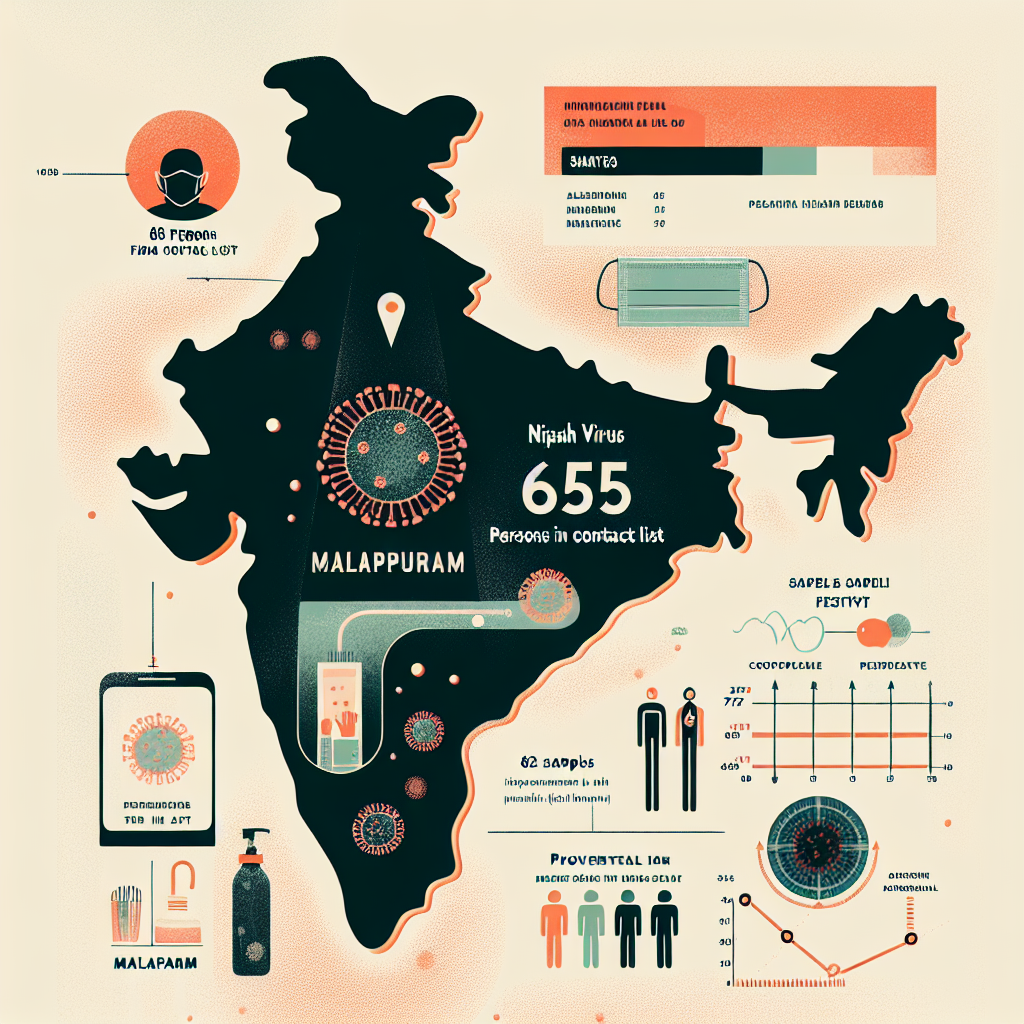National Institute of Virology Tests 160 Bat Samples in Palakkad

Detailed Overview of Bat Testing in Palakkad
Introduction
In an effort to safeguard public health and monitor wildlife diseases, the Palakkad district administration has collaborated with the National Institute of Virology (NIV). This initiative involves the collection and testing of bat samples, which are important indicators of various zoonotic diseases that can affect humans.
Collection of Samples
Recently, a dedicated team from NIV successfully collected samples from 160 bats in the Palakkad district. This sizeable collection underscores the importance of bat population monitoring and research, especially considering bats' role in the transmission of viral infections.
- Objectives of the Testing:
- Identify potential viral pathogens present in bat populations.
- Monitor and control zoonotic disease threats.
- Ensure timely notifications for any public health risks.
Testing Process
The collected bat samples have been dispatched to Pune for rigorous testing. This process is essential not only for identifying viral infections among bats but also for understanding their implications on human health. The results will play a crucial role in shaping local health policies and preventive strategies.
Public Health Implications
By monitoring bat populations, local health authorities can take proactive measures to prevent outbreaks. This surveillance is particularly critical in regions where interactions between wildlife and human populations are frequent.
- Potential Outcomes:
- Early detection of infectious diseases.
- Implementation of disease control measures.
- Increased community awareness regarding wildlife health.
Conclusion
The initiative by the Palakkad district administration and the NIV reflects a commitment to public health and safety. As the results from the Pune tests are awaited, this proactive step serves as a model for wildlife monitoring and public health collaboration across regions. Keeping an eye on wildlife health is crucial for preventing future zoonotic outbreaks and ensuring the safety of communities.
